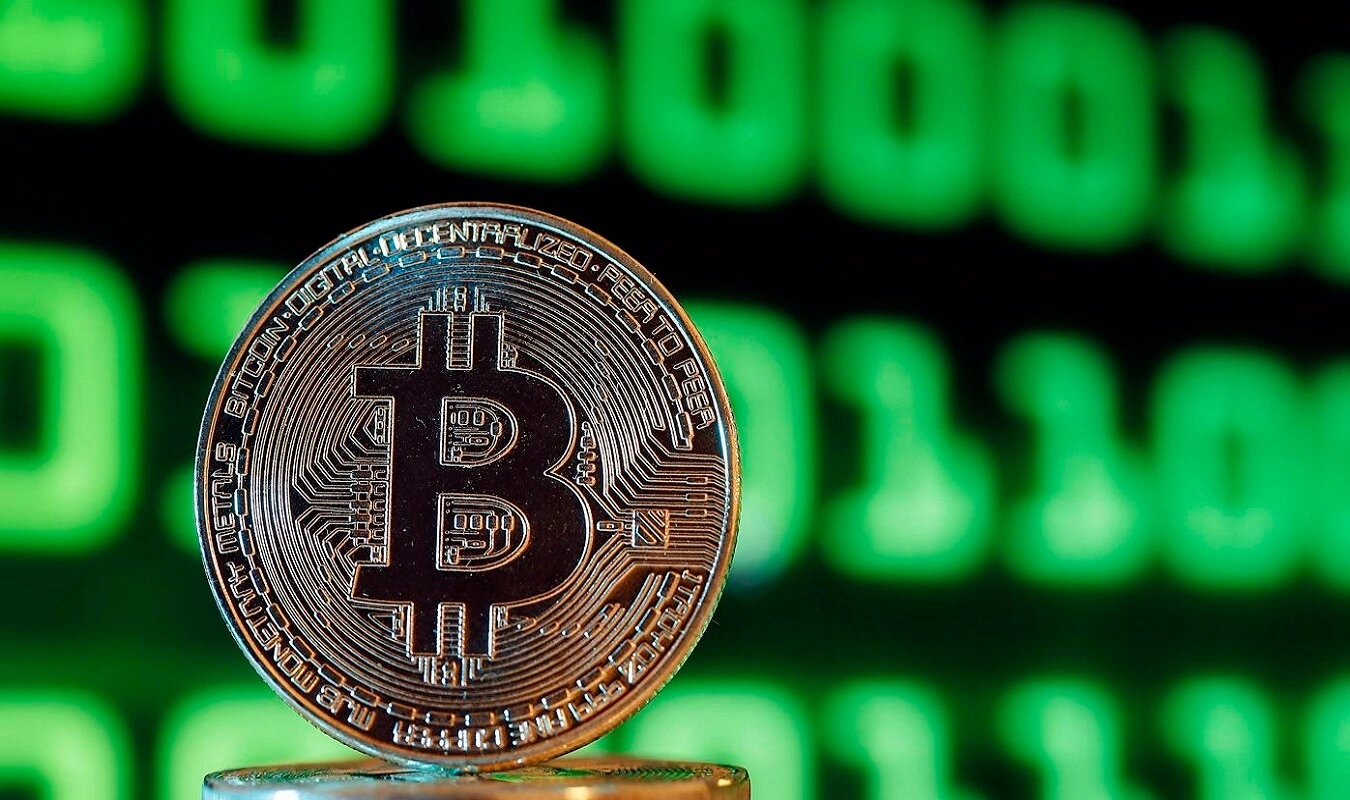In the vast digital landscape, cryptocurrencies have emerged as a revolutionary force, challenging traditional financial systems. While Bitcoin, the pioneer, has garnered significant attention, a diverse ecosystem of alternative cryptocurrencies, or altcoins, has also sprung up, each with its unique features and objectives. Let’s embark on a journey to explore the world of altcoins, understanding their significance, types, and potential impact on the future of finance.

Content
What are Altcoins?
Altcoins, short for alternative cryptocurrencies, are digital assets that operate on blockchain technology, similar to Bitcoin. However, they differentiate themselves by introducing new functionalities, addressing specific challenges, or targeting niche markets. While Bitcoin serves as the foundational cryptocurrency, altcoins offer a wider range of possibilities and applications.
Why Do Altcoins Exist?
The proliferation of altcoins can be attributed to several factors:
- Innovation: Altcoins often introduce innovative features and technologies that aim to improve upon the limitations of existing cryptocurrencies. These innovations can range from faster transaction speeds to enhanced privacy or smart contract capabilities.
- Specialized Use Cases: Some altcoins are designed to address specific industries or needs. For example, there are altcoins focused on healthcare, supply chain management, or decentralized finance (DeFi).
- Community-Driven Development: Many altcoins are developed and maintained by passionate communities. These communities contribute to the project’s growth, development, and adoption.
Types of Altcoins
The altcoin landscape is vast and diverse, encompassing various categories based on their functionalities and objectives. Here are some common types:
- Payment Coins: These altcoins are designed to facilitate payments and transactions. Examples include Litecoin, Ripple, and Dash.
- Platform Coins: These coins power blockchain platforms that enable developers to build decentralized applications (dApps). Ethereum is the most prominent example, but there are others like Cardano and Solana.
- Privacy Coins: These coins prioritize user privacy by employing cryptographic techniques to obscure transaction details. Monero and Zcash are well-known privacy coins.
- Stablecoins: These coins are pegged to a stable asset, such as the US dollar, to minimize price volatility. Tether and USD Coin are popular stablecoins.
- Tokenized Assets: These altcoins represent real-world assets, such as commodities, real estate, or securities. Tokenization allows for fractional ownership and efficient trading.
- Meme Coins: These coins are often created as a joke or internet meme but can gain significant value due to community hype and speculation. Dogecoin is the most famous example.
Market Capitalization and Popularity
While Bitcoin dominates the cryptocurrency market in terms of market capitalization, altcoins have also gained significant traction. The popularity of altcoins can vary depending on factors such as technological advancements, community support, and market trends.
Benefits of Altcoins
- Innovation: Altcoins drive innovation in the blockchain space, leading to new features and applications.
- Diversification: Investing in altcoins can diversify your cryptocurrency portfolio, reducing risk.
- Accessibility: Many altcoins have lower entry barriers compared to Bitcoin, making them more accessible to investors.
- Specialized Use Cases: Altcoins can address specific needs and industries, providing tailored solutions.
Risks and Challenges
- Volatility: Altcoins are highly volatile, and their prices can fluctuate significantly.
- Regulatory Uncertainty: The regulatory landscape for cryptocurrencies is still evolving, and regulatory changes can impact the value of altcoins.
- Technological Risks: The underlying technology of altcoins may have vulnerabilities or limitations.
- Scams and Fraud: The cryptocurrency space is susceptible to scams and fraudulent activities, and investors should be cautious.
Future Outlook
The future of altcoins is promising, with the potential to revolutionize various industries. As blockchain technology continues to mature and adoption increases, we can expect to see more innovative and valuable altcoins emerge. However, it’s essential to approach the altcoin market with caution, conducting thorough research and understanding the risks involved.
Conclusion
The world of altcoins is vast and ever-evolving. From payment coins to privacy coins and platform tokens, these alternative cryptocurrencies offer a diverse range of functionalities and possibilities. While the future of altcoins is uncertain, their potential to disrupt traditional industries and reshape the financial landscape is undeniable. By understanding the different types of altcoins, their benefits, and risks, you can make informed decisions and participate in this exciting space.












